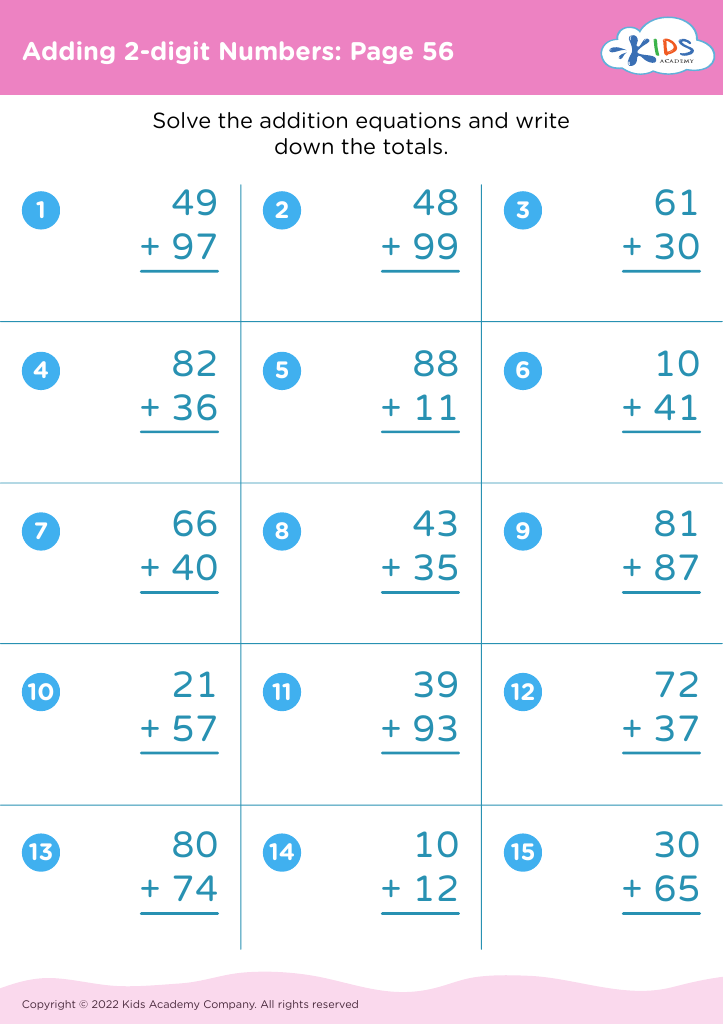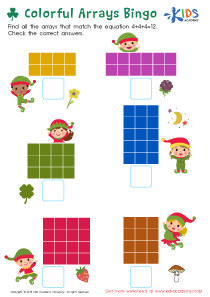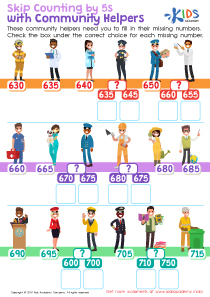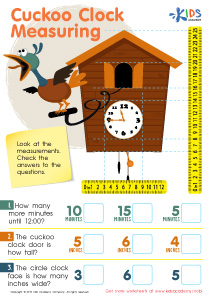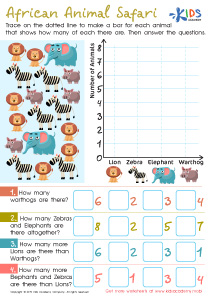Boost critical thinking Grade 2 Addition & Subtraction Worksheets
3 filtered results
-
From - To
Enhance your child's math skills with our "Boost Critical Thinking Grade 2 Addition & Subtraction Worksheets"! Specially designed for second graders, these engaging worksheets combine fun activities with challenging mathematical concepts to strengthen critical thinking and problem-solving abilities. Each sheet presents a unique set of addition and subtraction scenarios that encourage students to think outside the box and apply their knowledge in practical ways. Perfect for classroom use or extra practice at home, our worksheets are a valuable resource for helping young learners master essential math skills and boost their academic confidence. Download now to give your child a head start!
Parents and teachers should place a strong emphasis on boosting critical thinking during Grade 2 addition and subtraction. At this foundational stage, children are not just learning to manipulate numbers, but are also developing essential problem-solving skills that will serve them throughout their education and lives. Critical thinking empowers students to go beyond rote memorization, enabling them to comprehend the 'why' behind the procedures.
When children engage in critical thinking during math activities, they learn to approach arithmetic problems from multiple angles, reason logically, identify patterns, and make connections to real-life situations. This deeper understanding promotes cognitive flexibility, which enhances their ability to tackle more complex subjects in the future.
Moreover, fostering critical thinking in math allows children who may not consider themselves "math people" to build confidence. They start to see math not just as a series of right and wrong answers, but as a field where they can explore, question, and innovate.
Lastly, developing critical thinking skills early in life cultivates perseverance and resilience. These soft skills are invaluable, setting children up for continual learning and success, both academically and personally. Encouraging critical thinking in Grade 2 addition and subtraction establishes a strong, adaptive mindset crucial for lifelong learning.


